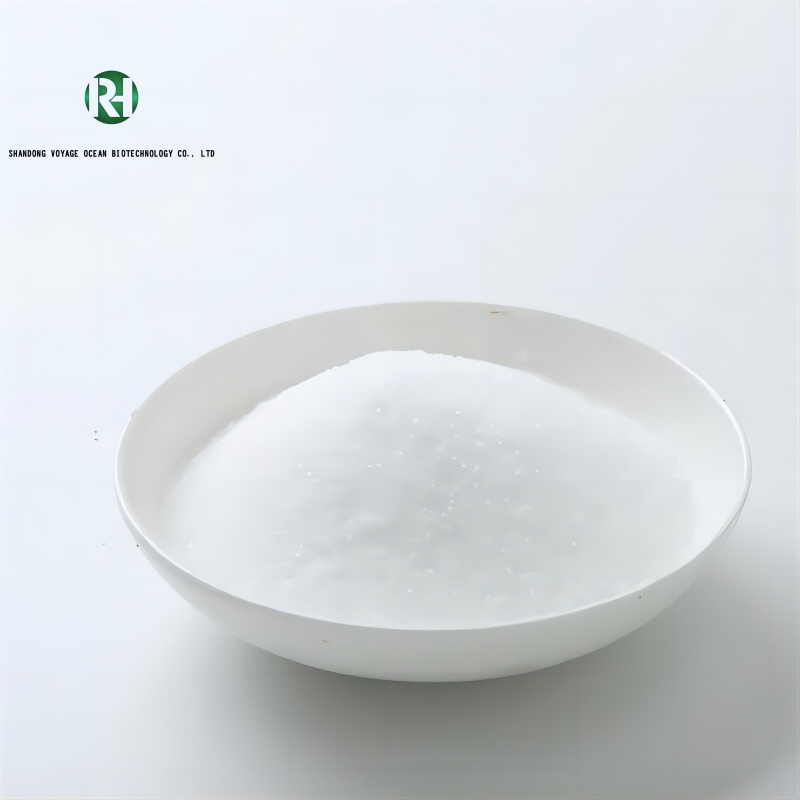Cornerstone pharmaceutical submits application for clinical trial of PD-1 McAb cs1003 in Australia
-
Last Update: 2017-12-28
-
Source: Internet
-
Author: User
Search more information of high quality chemicals, good prices and reliable suppliers, visit
www.echemi.com
Source: atoll Pharmaceutical (Suzhou) Co., Ltd announced on December 28, 2017 Research's central ethics committee has officially accepted the company's application for clinical trial of new drugs against programmed death receptor-1 (PD-1) antibody cs1003, which is the third anti-tumor innovative drug independently developed by cornerstone pharmaceutical and the second one to enter the clinical trial stage in Australia Cs1003 is a full-length, all human immunoglobulin G4 (IgG4) monoclonal antibody for PD-1 developed through hybridoma technology platform The company has the global development right of this molecule The results show that cs1003 has good tolerance and effectiveness in vivo With the approval of the ethics committee of the center affiliated to Scientia clinical research center, the company will carry out phase I clinical research in solid tumor patients In addition to cs1003, the company has just submitted a new clinical trial application for a small molecular inhibitor of mitogen activated protein kinase (MEK), cs3006, to the ethics committee of the center of linear clinical research in Australia At present, the company is also actively preparing for the future clinical trials of the two tumor immune and targeted innovative drugs in China PD-1 / PD-L1 pathway PD-1 is called programmed cell death receptor 1 It is an inhibitory receptor mainly expressed on T cells Under normal physiological conditions, PD-1 can inhibit the activation of T cells and the production of cytokines by binding with programmed cell death ligand 1 or ligand 2 (PD-L1 / PD-L2), thus protecting the body from the attack of autoimmune system However, it has been found that there are also a large number of PD-L1 molecules expressed on the surface of a variety of solid tumors and some blood malignant tumor cells Tumor cells can successfully escape the recognition and attack of the immune system through the combination of these PD-L1 molecules and PD-1 on T cells The anticancer drugs of PD-1 / PD-L1 immunocheckpoint inhibitors can block this "tumor immune escape mechanism" and restore the immune system function of patients At present, there are two approved IgG4 type PD-1 monoclonal antibodies in the world, namely opdivo (nivolumab) of Bristol Myers Squibb and keytruda (pembrolizumab) of MSD However, compared with most antibodies that can only recognize human PD-1, cs1003 antibody developed by cornerstone pharmaceutical can recognize human PD-1 and mouse PD-1 at the same time, which has a great advantage in the effectiveness test of homologous mouse tumor model
This article is an English version of an article which is originally in the Chinese language on echemi.com and is provided for information purposes only.
This website makes no representation or warranty of any kind, either expressed or implied, as to the accuracy, completeness ownership or reliability of
the article or any translations thereof. If you have any concerns or complaints relating to the article, please send an email, providing a detailed
description of the concern or complaint, to
service@echemi.com. A staff member will contact you within 5 working days. Once verified, infringing content
will be removed immediately.







